News
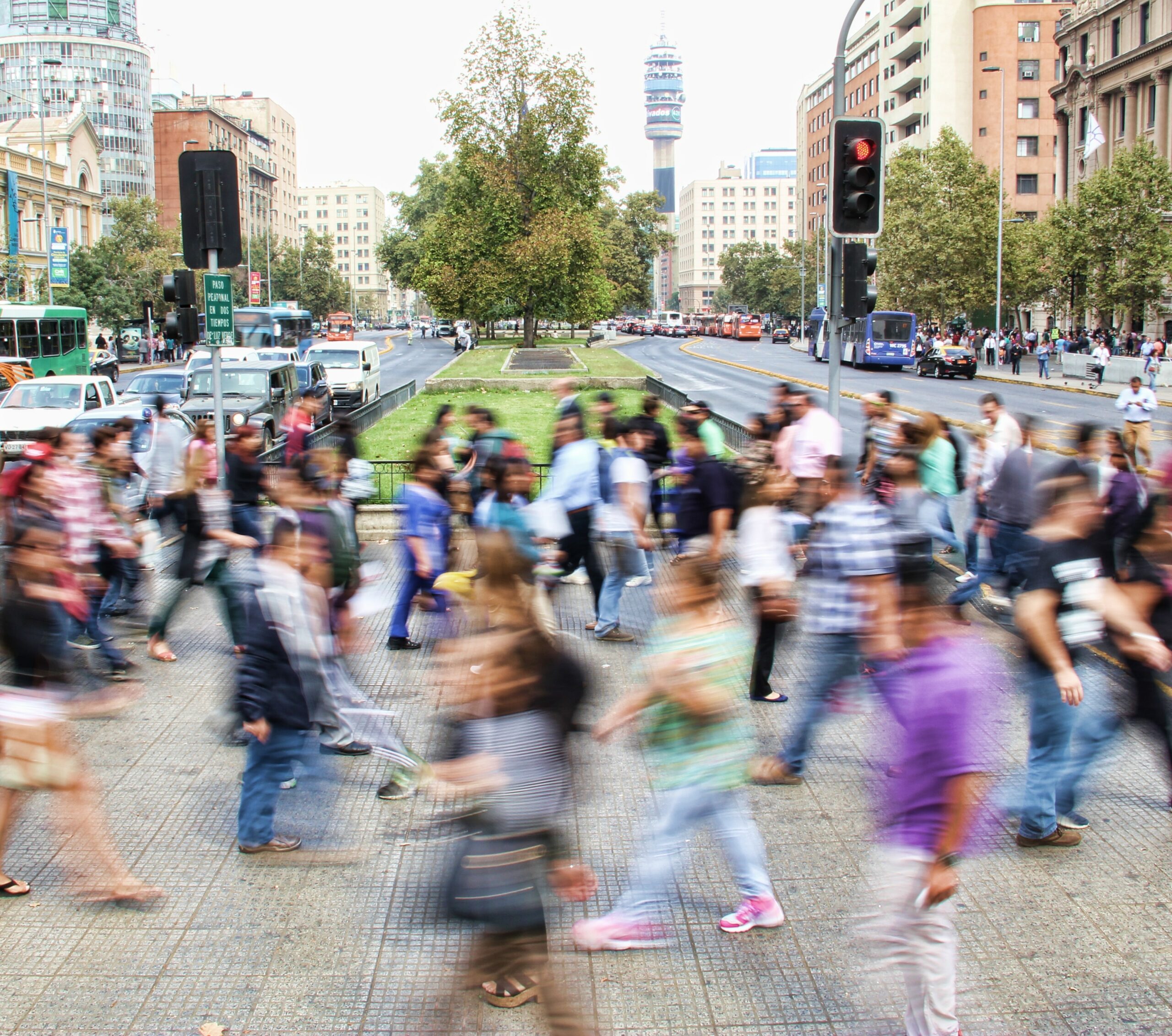
Behavior: The next step towards pathways to sustainability
Some reports say that citizen behavior is paramount to climate change policies, possibly leading to a 40-70% reduction in greenhouse emissions when people will use more sustainable energy, engage more often in sustainable mobility, and reduce their consumption of meat and dairy. Spotlighting citizen behavior is much contested. Some critics argue that the impact of…
Read more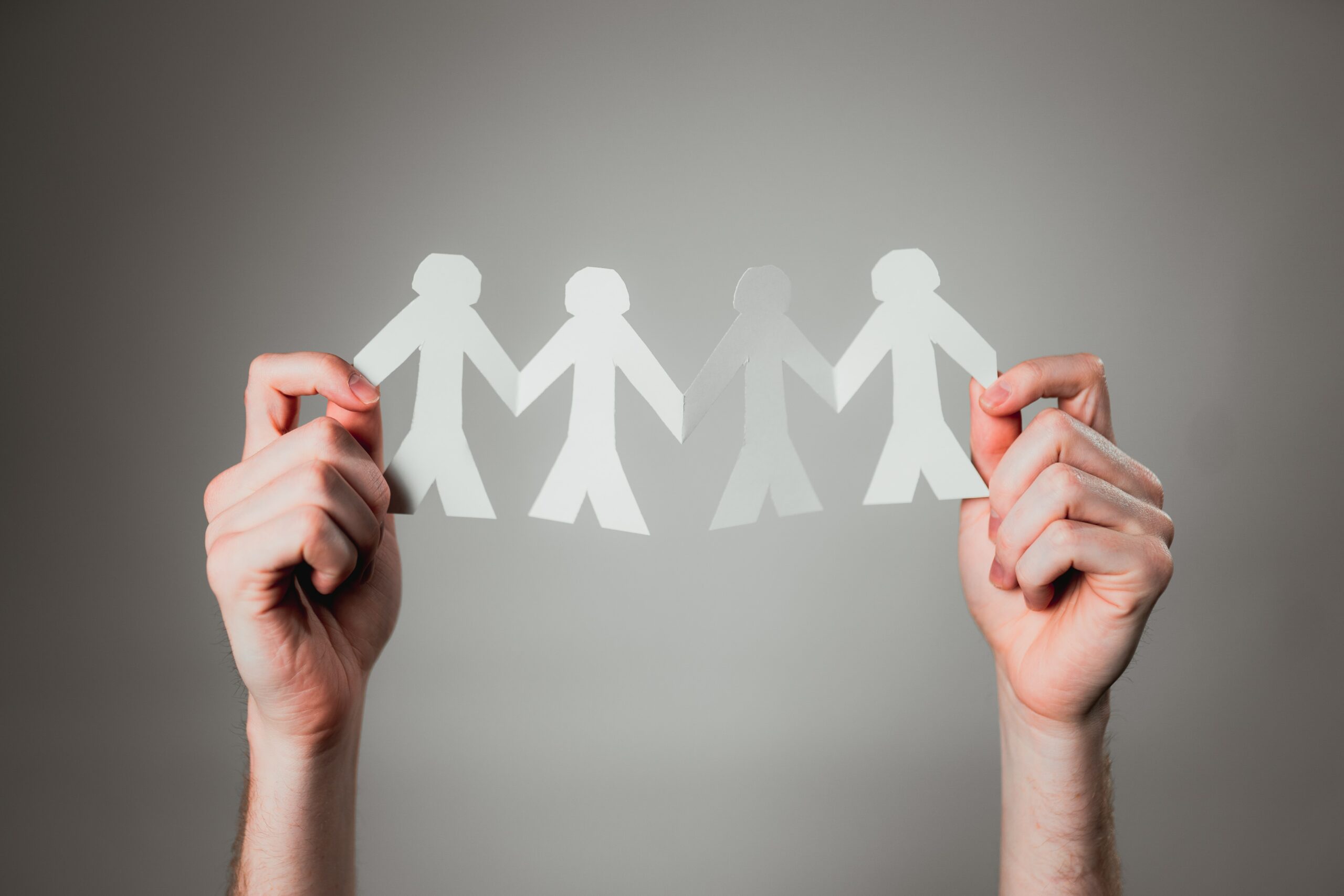
Keynote Lecture Tine de Moor: Collective action by and between citizens and scientists
From institution to revolution? At the WINIR conference on Polycentric Governance in September 2022, Tine de Moor held a keynote on collective action by and between citizens and scientists in uncertain times. A continuous growth of collectives of citizens, often taking the form of cooperatives, foundations or associations, can be observed. Professor Tine de Moor…
Read more
Business climate in the Netherlands: From quantity to quality
The government has ambitious goals when it comes to overcoming societal challenges and creating a climate that fosters entrepreneurship. Over the years, these policies have proven successful – entrepreneurship is booming and is well -rated among civilians and experts alike. Entrepreneurs are focused on substantial value creation (profitability, job creation and innovation). Previously, chasing these…
Read more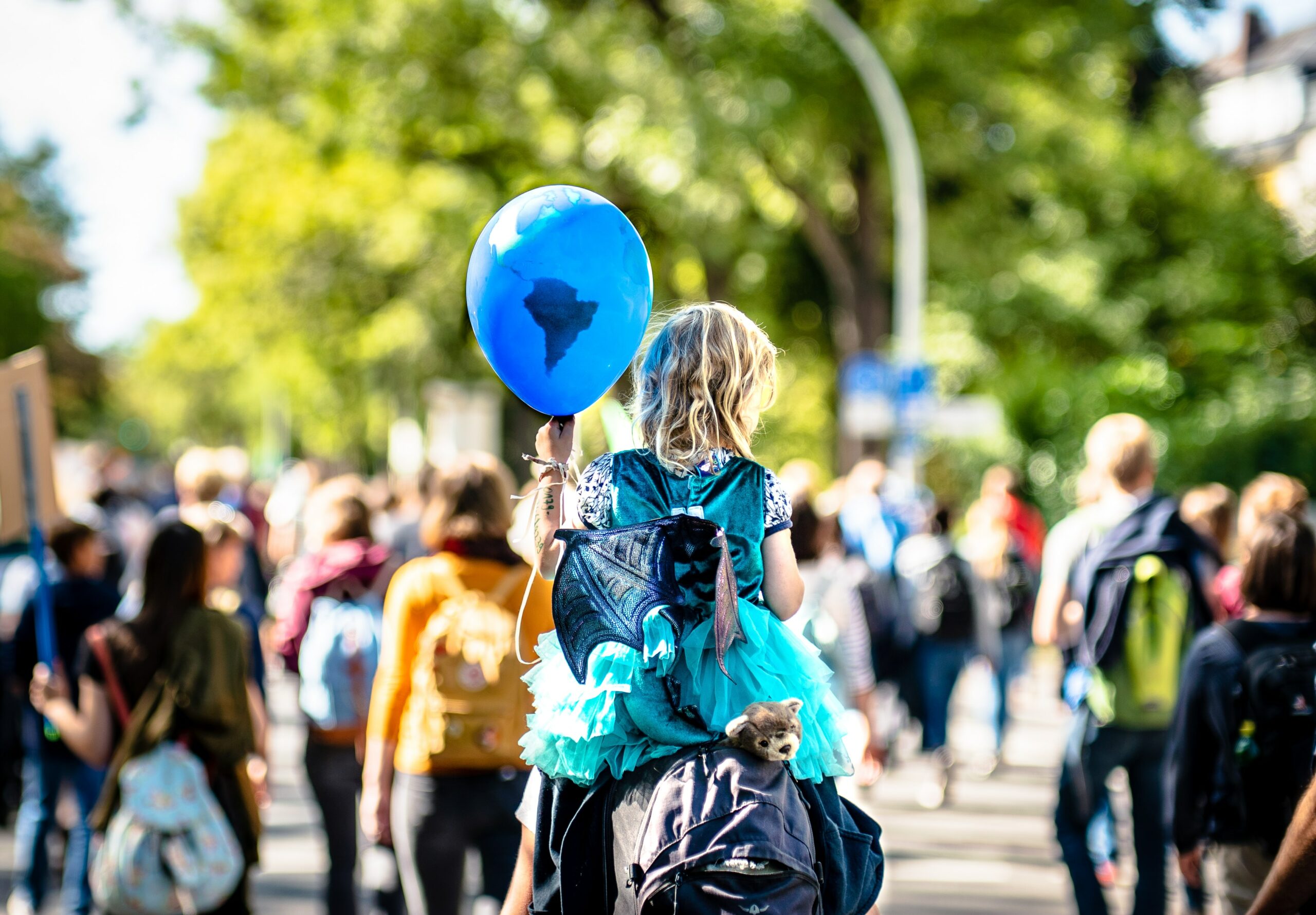
Climate change and youth development: Discussion at the 26th ISSBD Meeting
Young people are disproportionally impacted by climate change, and have potential to be frontrunners in collective green behavior change. While there is evidence on how ecological behavior develops over the course of childhood and adolescence, still little is understood about the psychological, social, and cultural factors that account for such behavior. Effective communication about climate…
Read more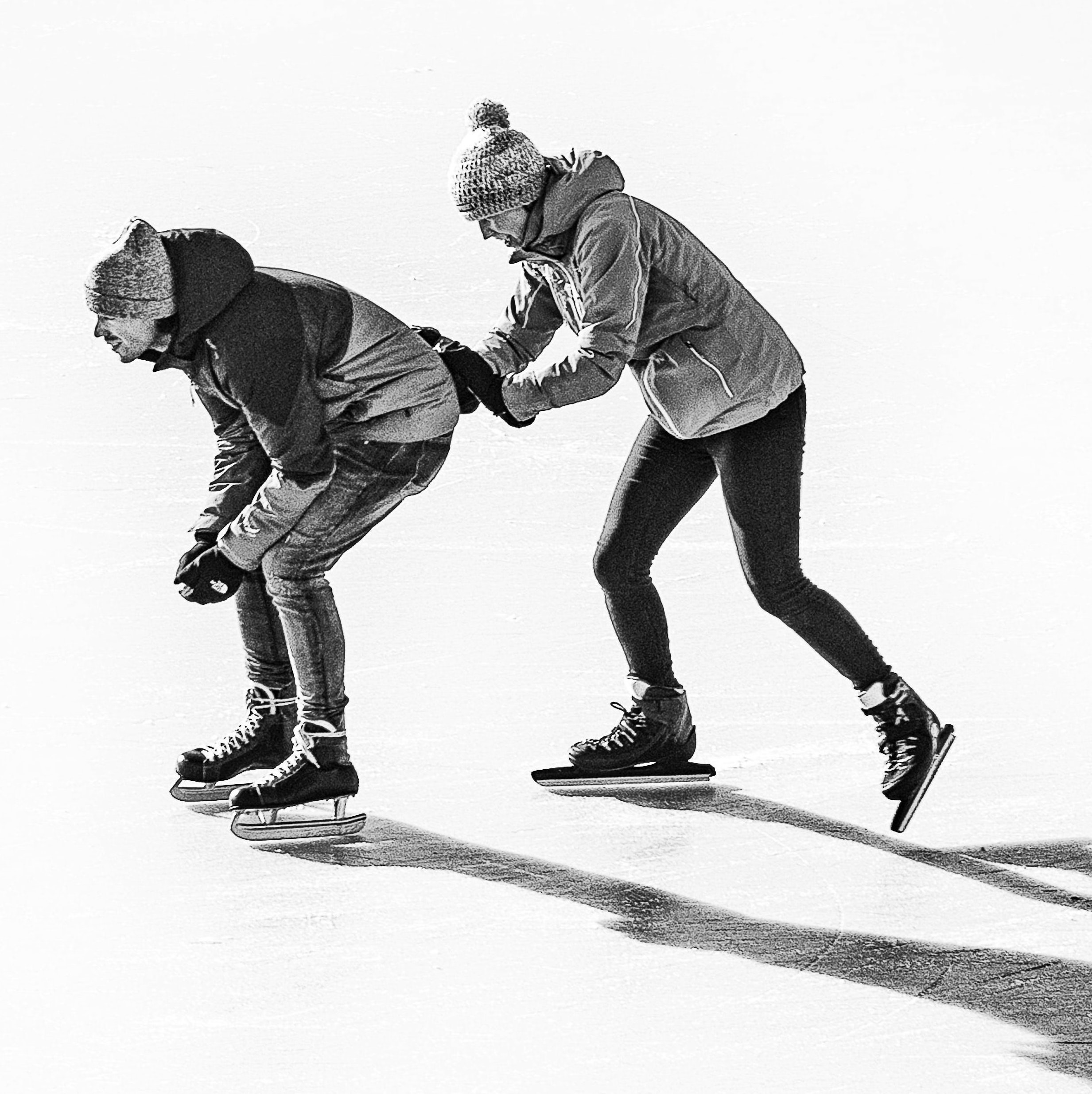
Can gentle directions in the right way engage people with things that really matter?
Gentle directions in the right way (aka nudges) have proven effective as a policy instrument to steer desirable choices with immediate individual benefit. Classic concerns about nudges being manipulative and working in the dark have proven untrue: people are also nudgeable when directions are transparent and when they are encouraged to reflect on their choices….
Read more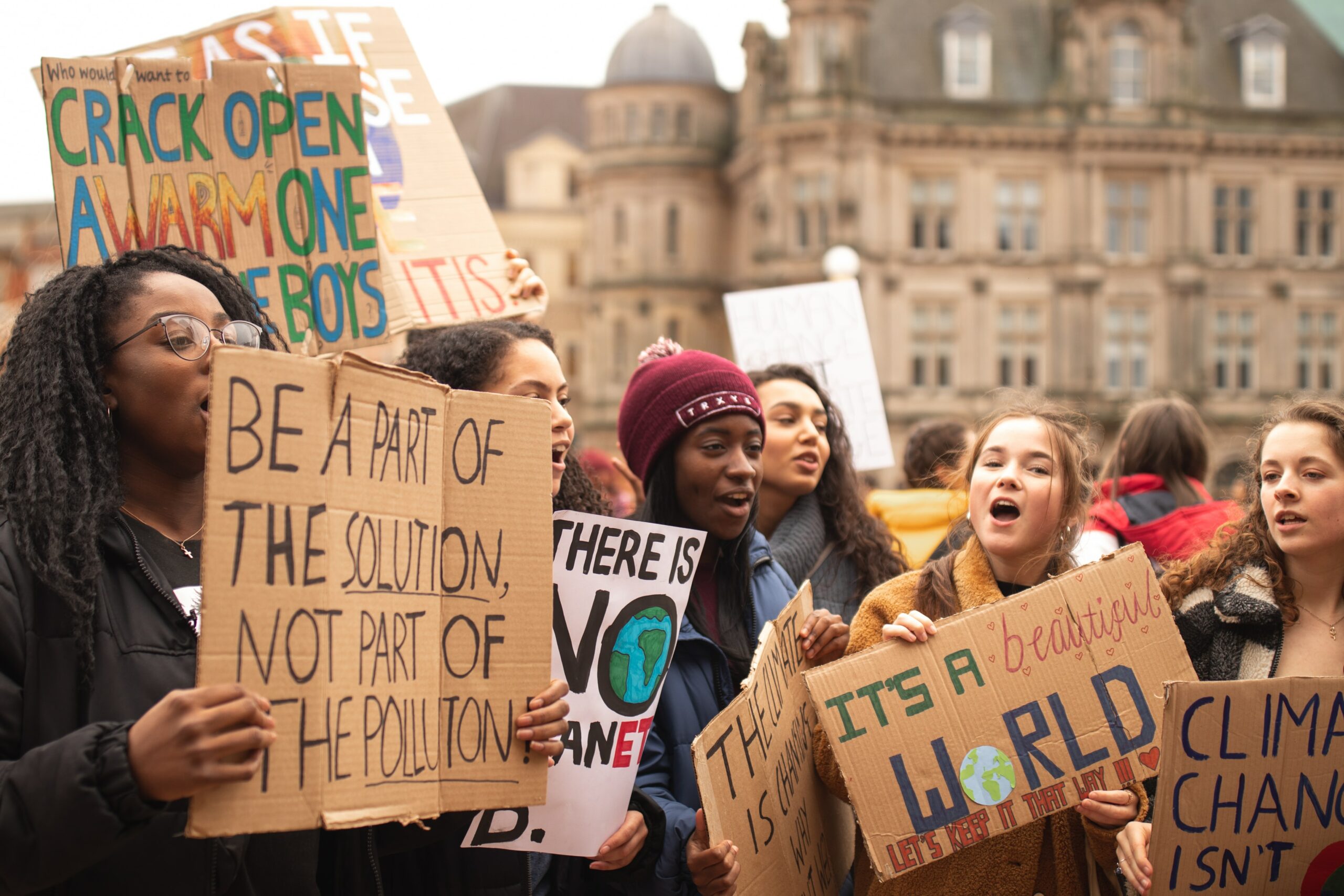
Young climate protestors
Sander Thomaes, Professor of Developmental Psychology at Utrecht University, highlights the importance of helping young people adjust their behavior to the concerns they have regarding climate change. Behavior change can be motivated by showing adolescents how behaving in a pro-environmental way can be relevant to their personal lives and fit their personal motives. Sander Thomaes…
Read more
Politicians, the representativeness heuristic and decision-making biases
How likely is this policy to be a success? What is the probability that my party gains seats if we change our policy position? Politicians often have to answer such questions and thus make judgements. To facilitate the oftentimes difficult process of judgement, people regularly apply heuristics (cognitive rules of thumb). Using heuristics may, however,…
Read more
What is empathy?
What drives our feelings of compassion for others? And when we feel empathy – what is happening in our brains? In this BBC podcast, researchers of the Social Brain Lab at the KNAW Netherlands Institute for Neuroscience explain which processes underly empathy. Valeria Gazzola, head of the Social Brain Lab at the KNAW Netherlands Institute for Neuroscience, is…
Read more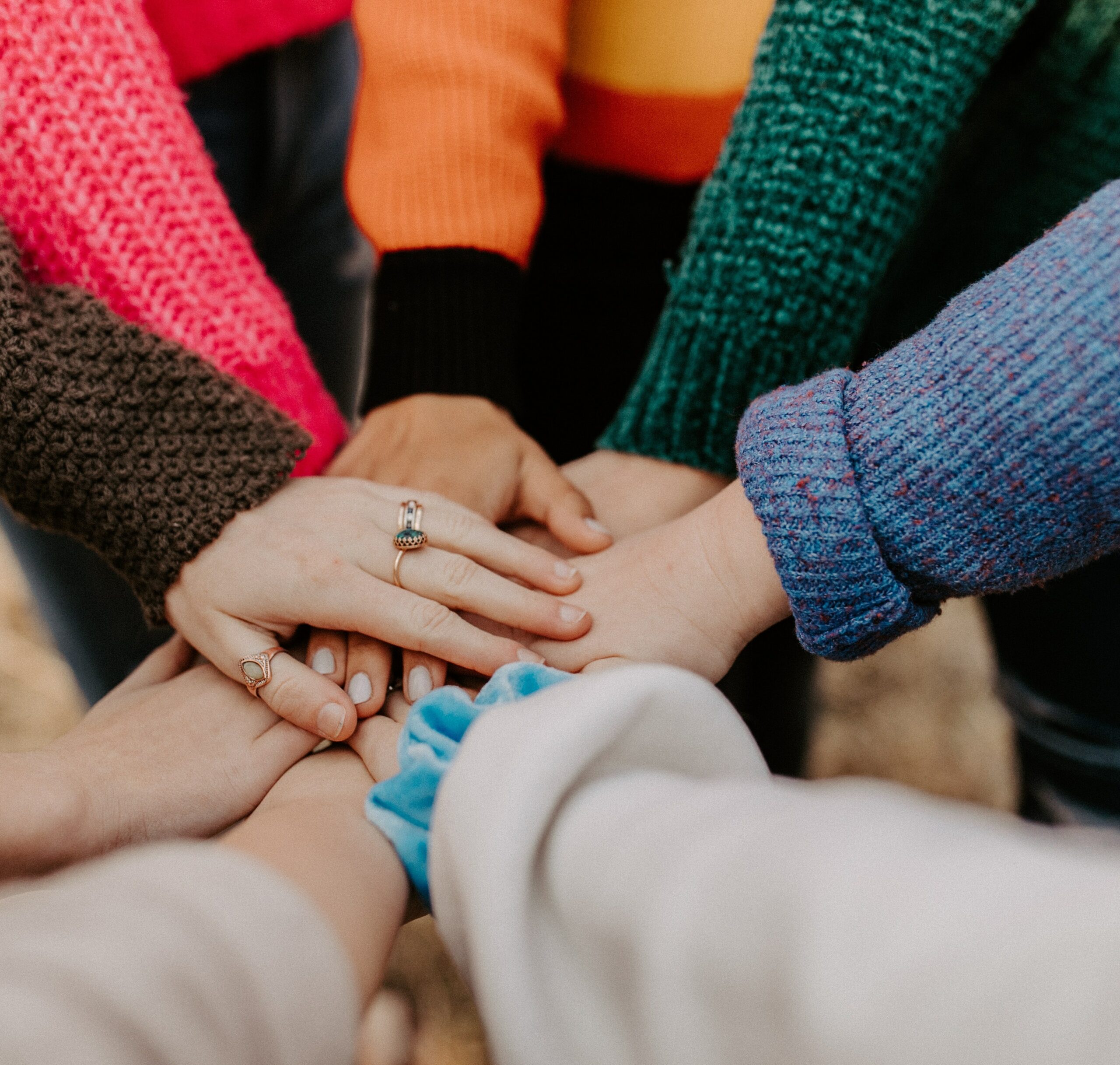
Our common good: A documentary on citizen collectives
What role can citizen collectives play in solving the problems of our time? From energy collectives and care cooperatives to nurseries ran by parents – can these collectives offer solutions to problems that are not or only partially addressed by the government and the private sector? These questions are discussed by Tine de Moor, Professor…
Read more
For whom are we keeping our distance?
Social distance is one of the basic rules set by the government to counter the spread of the corona virus, but how can we motivate people to actually keep their distance from others? At Utrecht University, Denise de Ridder studies the combined effect of a social robot, videos of students showing how they keep their…
Read more
